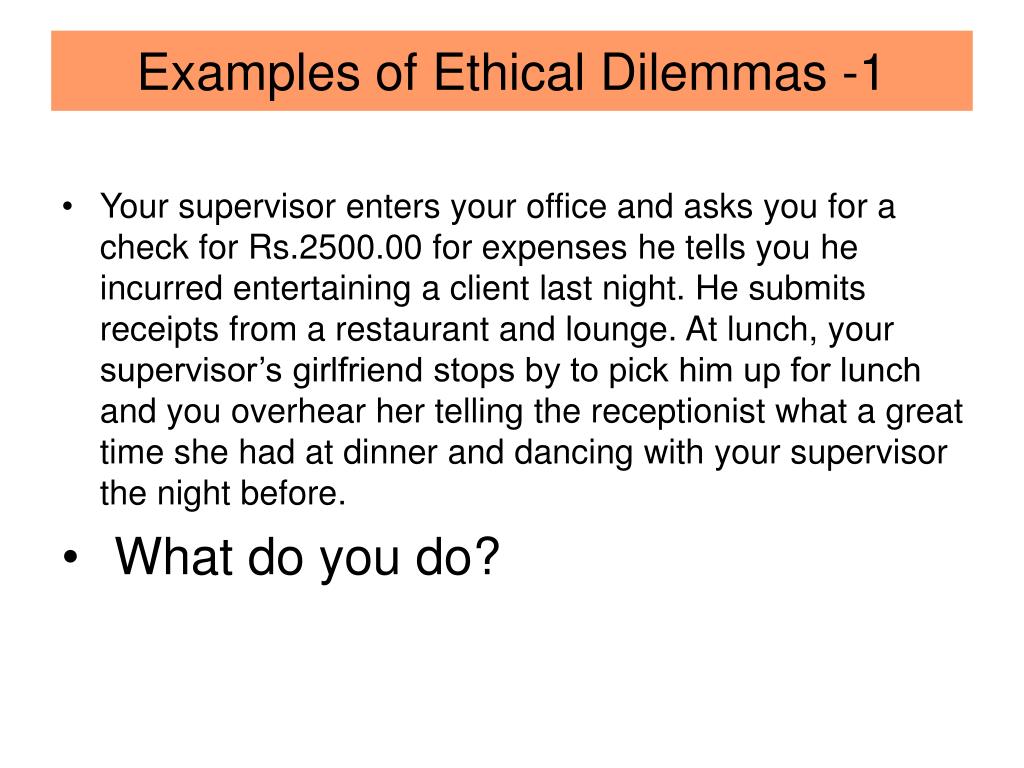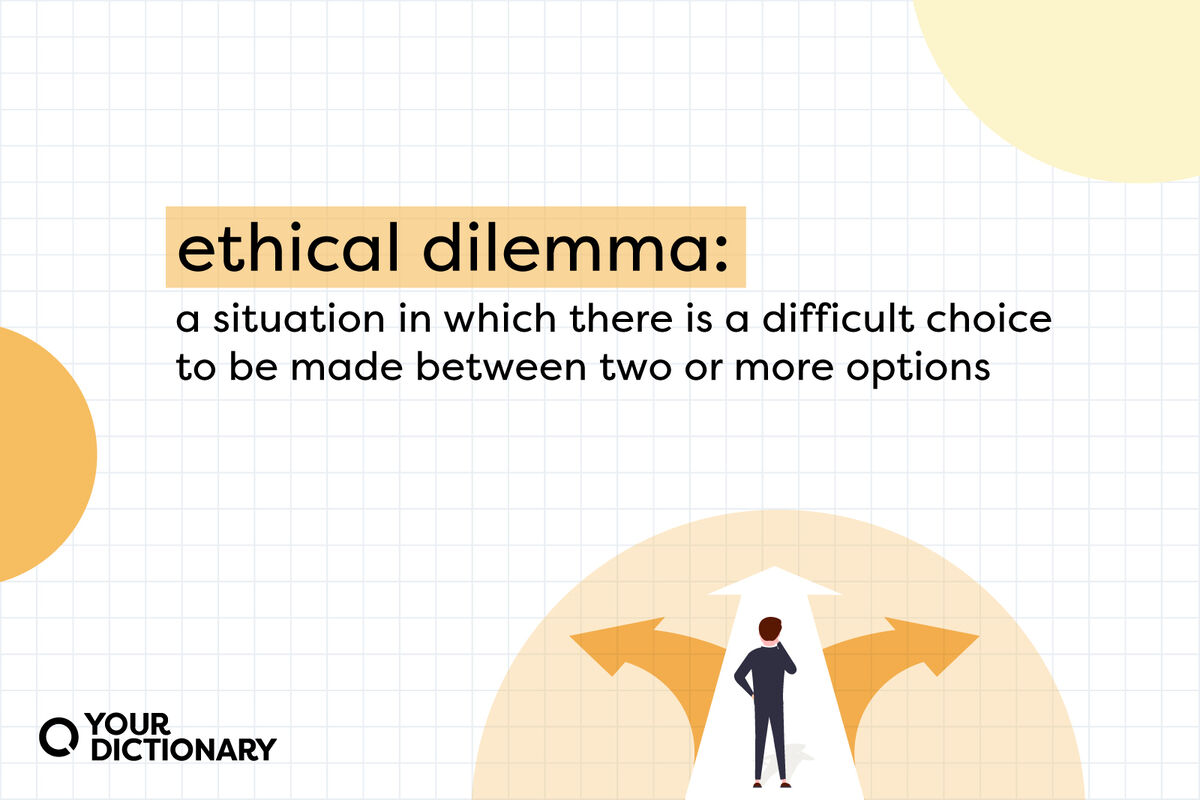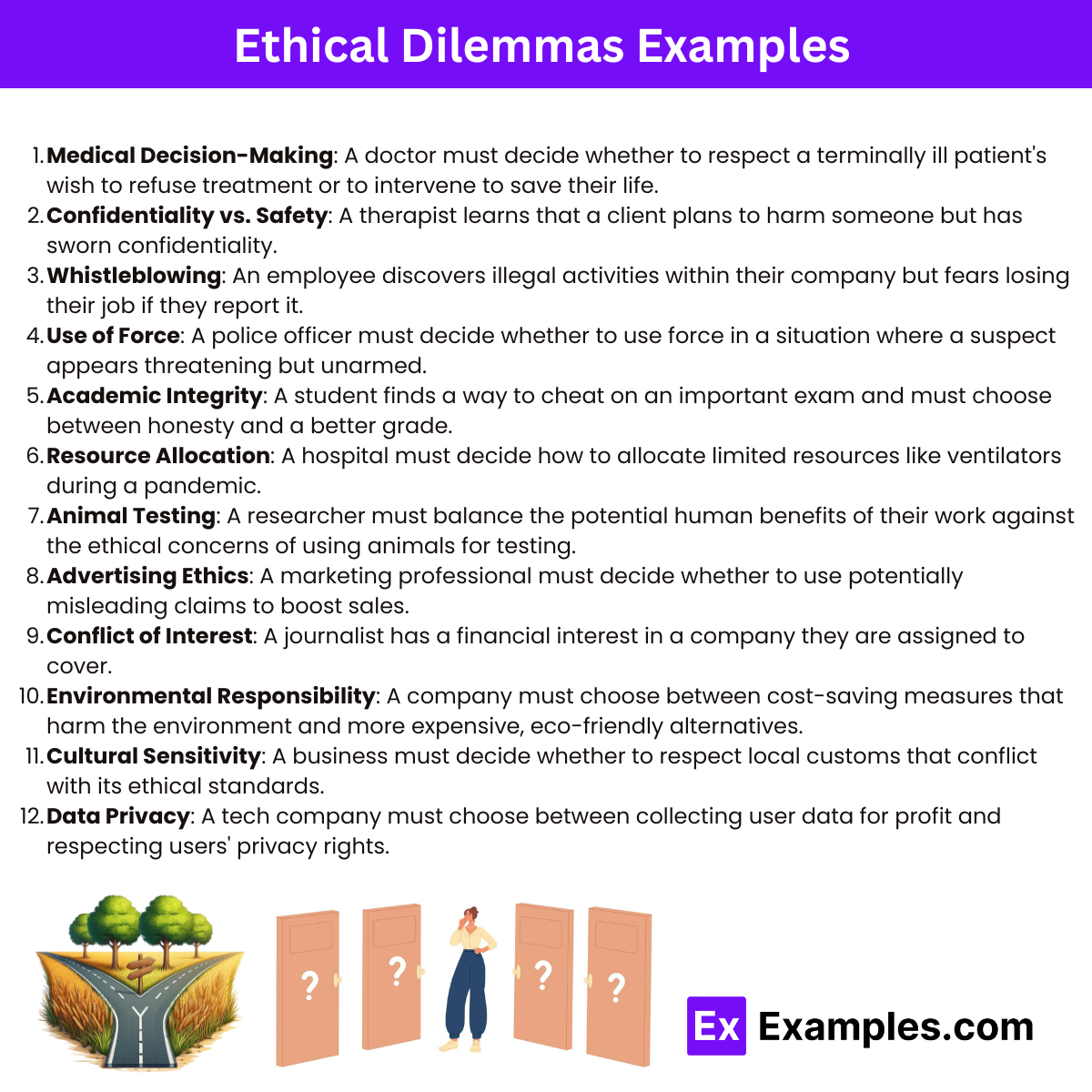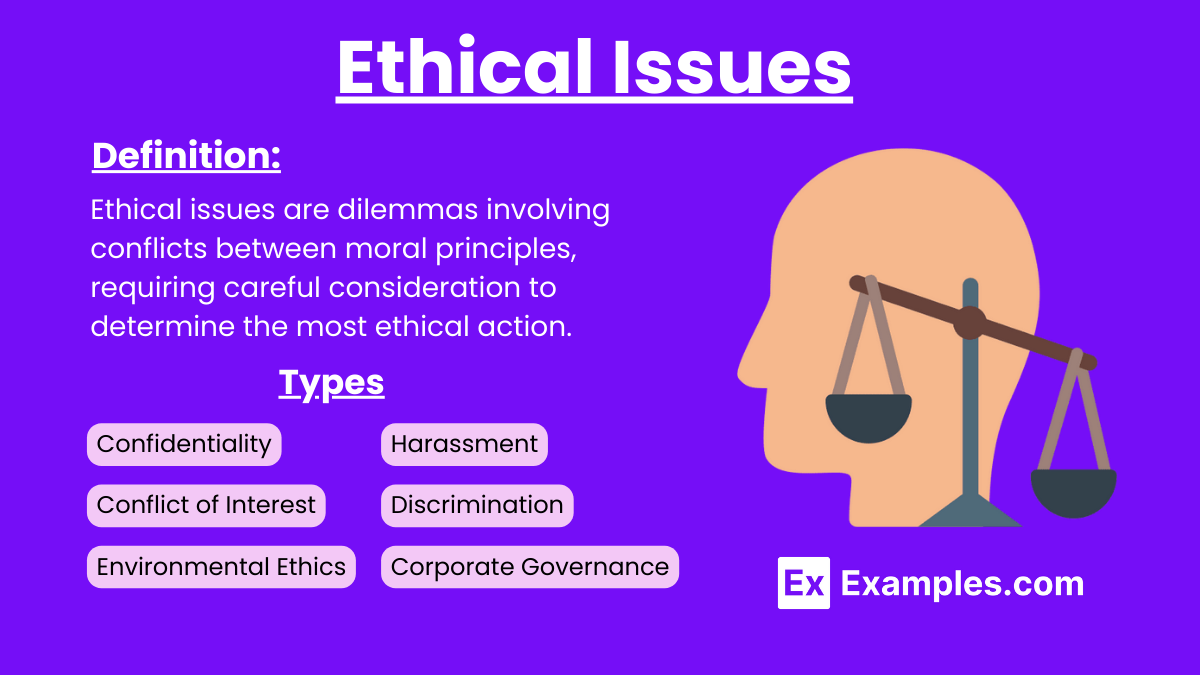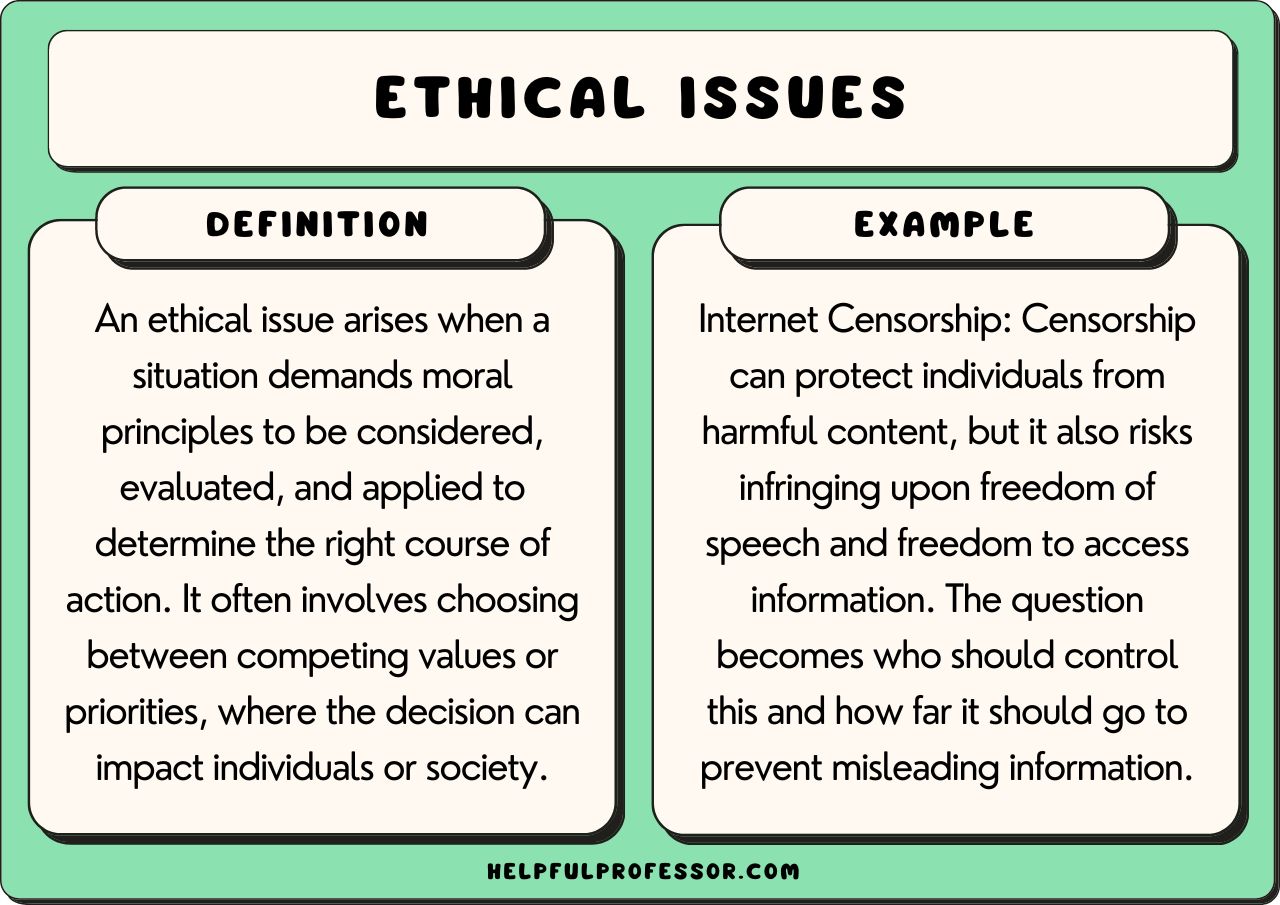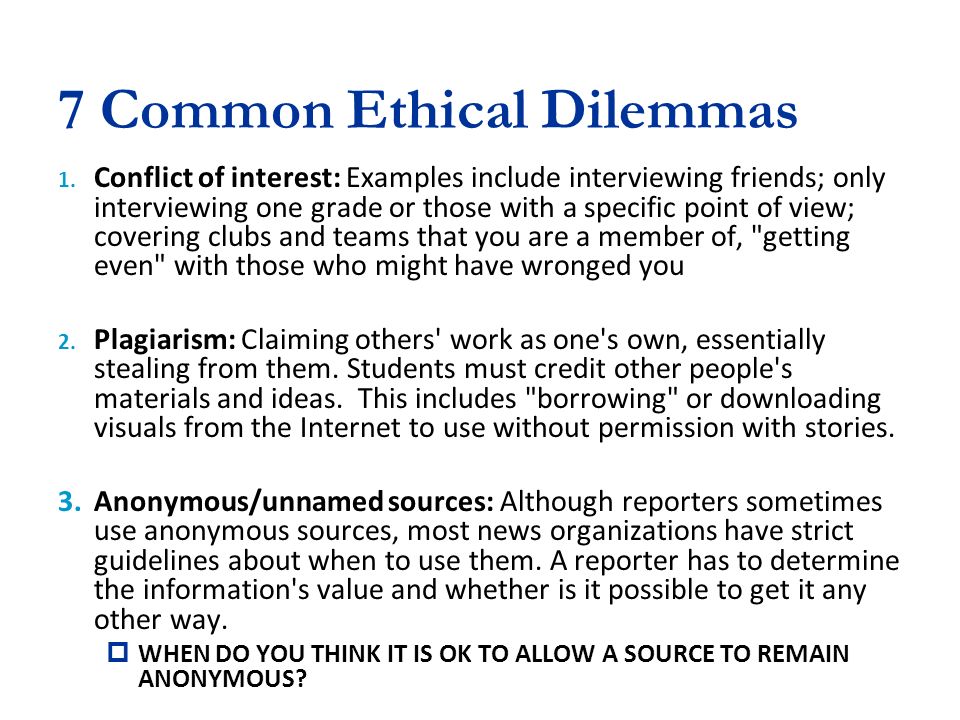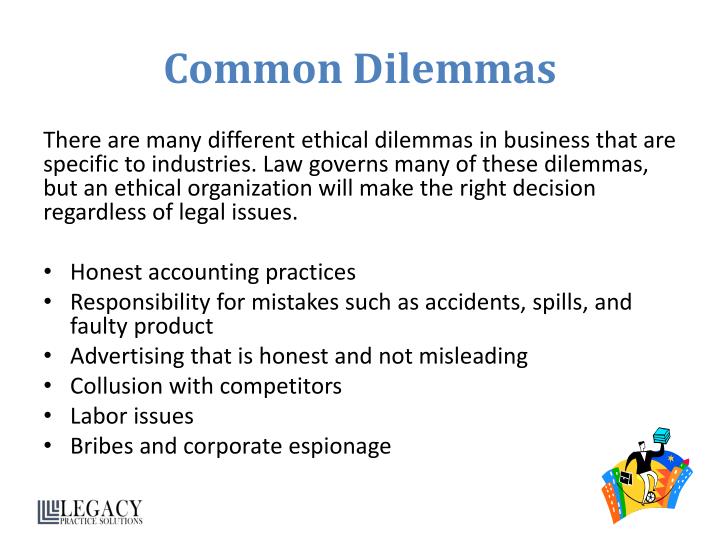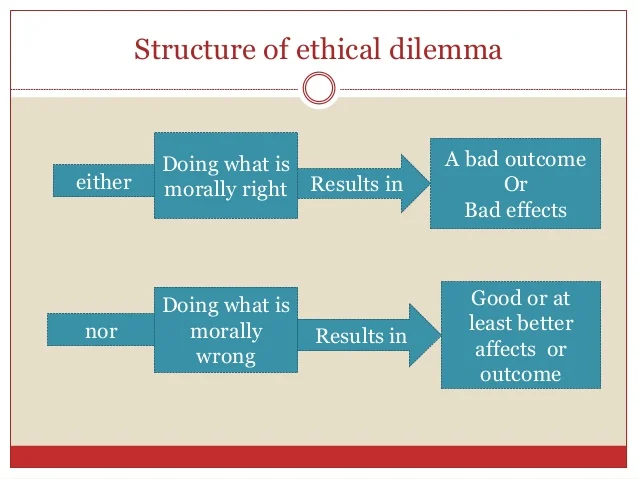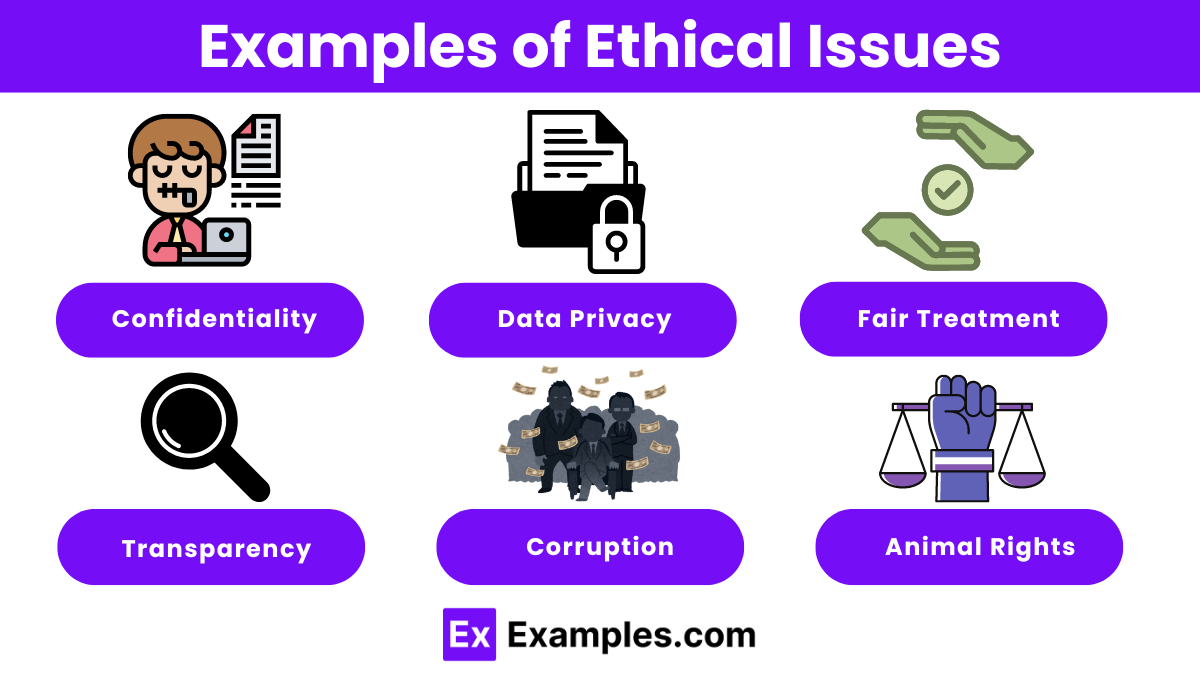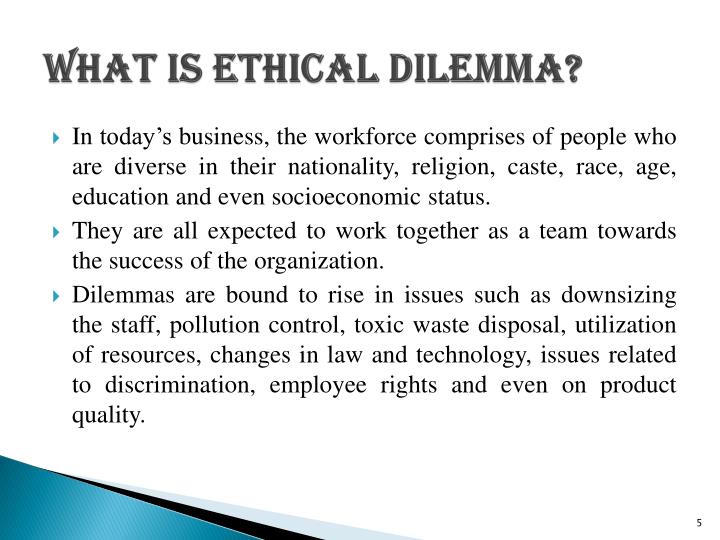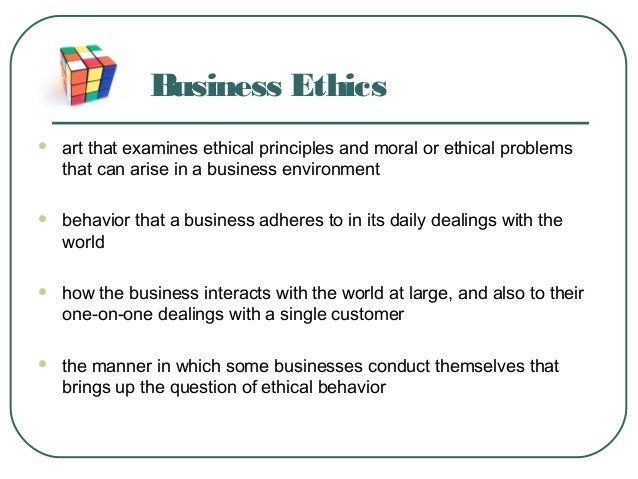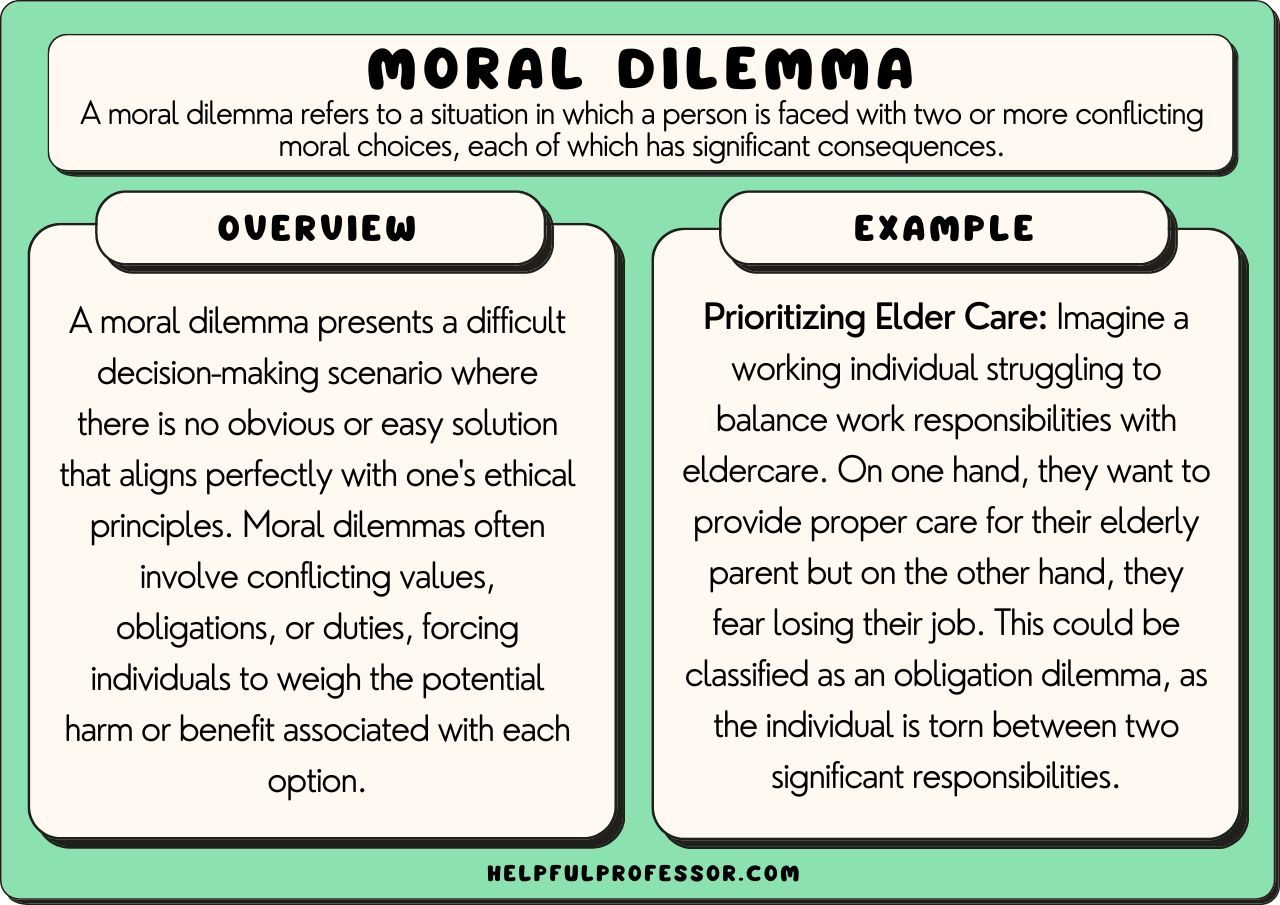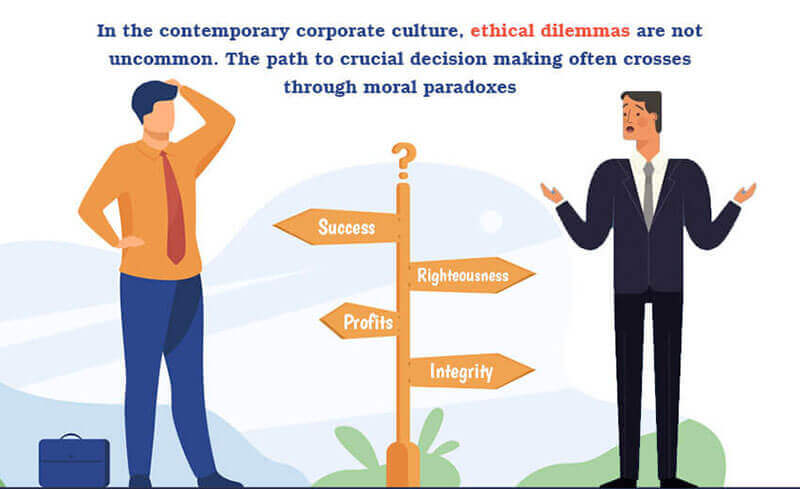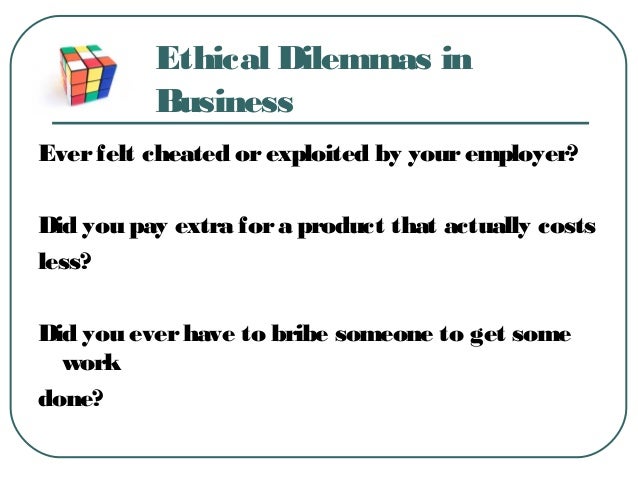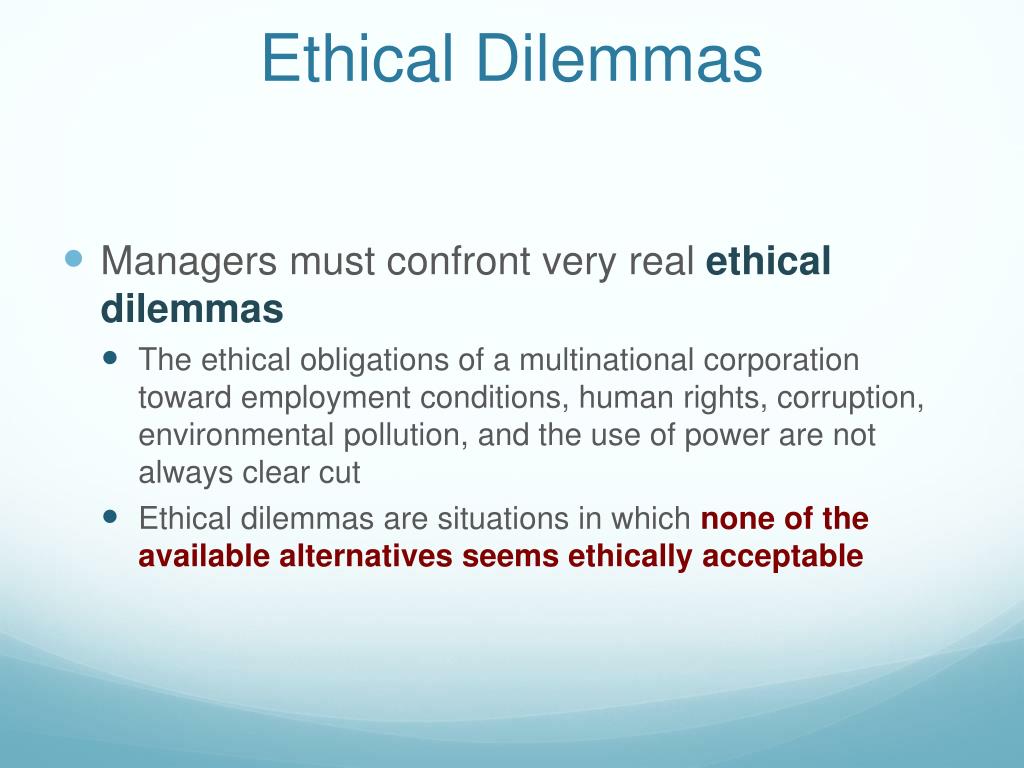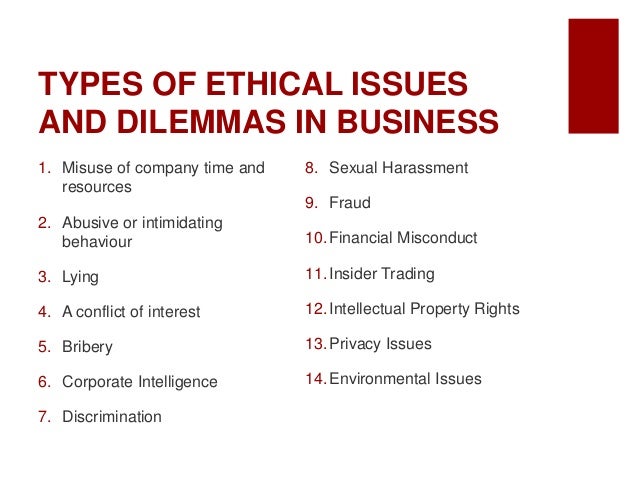Real Life Examples Of Ethical Dilemmas In Business
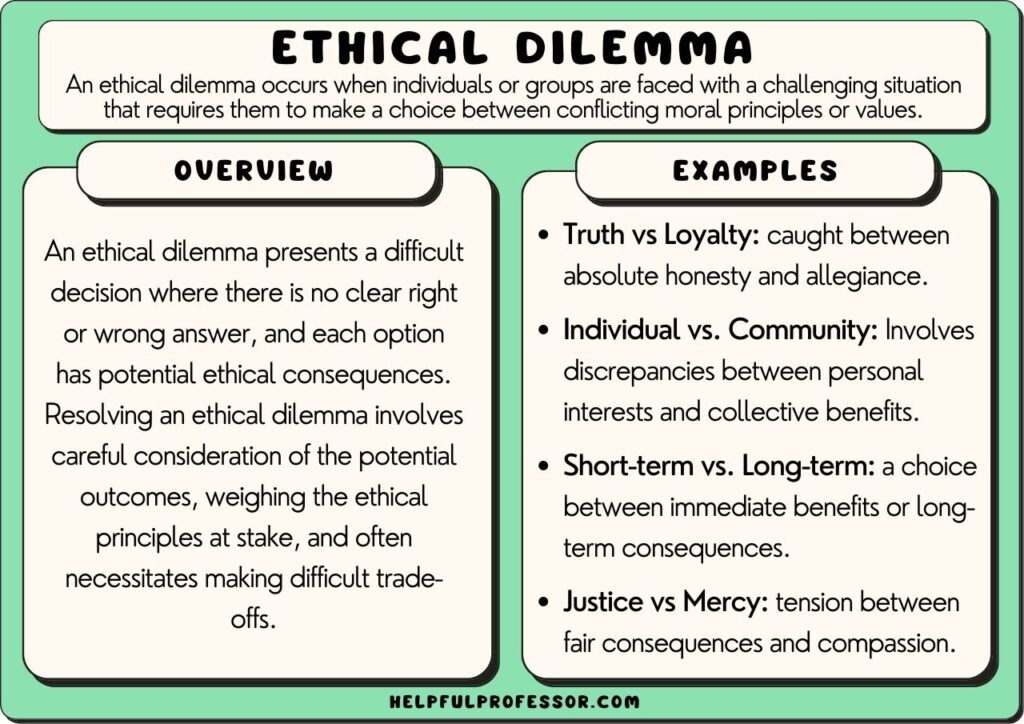
Ethical lines are being blurred in today's fast-paced business world, leading to difficult decisions with far-reaching consequences. Real-world scenarios reveal the complexities faced by companies navigating competing values and stakeholder interests.
This article dives into recent examples of ethical dilemmas that have tested corporate resolve, highlighting the critical need for robust ethical frameworks and responsible leadership.
Data Privacy vs. Profit: Facebook and Cambridge Analytica
The Facebook-Cambridge Analytica scandal serves as a stark warning. In 2018, it emerged that Cambridge Analytica harvested data from millions of Facebook users without their explicit consent.
This data was allegedly used for political advertising during the 2016 US presidential election. The dilemma? Balancing user data privacy with the potential for targeted advertising revenue.
Facebook faced intense scrutiny for its lax data protection policies. The repercussions included hefty fines and a significant loss of public trust.
Environmental Responsibility vs. Cost Savings: Volkswagen's Emissions Scandal
Volkswagen intentionally programmed diesel engines to activate emissions controls only during laboratory testing. This deception, known as "Dieselgate," allowed vehicles to pass emissions tests while emitting pollutants far exceeding legal limits in real-world driving conditions.
The motivation was to reduce production costs and improve engine performance. The ethical failing involved prioritizing short-term profits over environmental responsibility and regulatory compliance.
The company faced billions of dollars in fines and a damaged reputation. Volkswagen executives were also held criminally liable.
Workplace Safety vs. Production Quotas: The Rana Plaza Collapse
The 2013 Rana Plaza building collapse in Bangladesh exposed the dangerous conditions faced by garment workers. The eight-story commercial building housed several garment factories, which supplied clothing to major international brands.
Despite visible cracks in the structure, workers were pressured to continue working to meet production quotas. The collapse resulted in over 1,100 fatalities and thousands of injuries.
This tragedy highlighted the ethical dilemma of prioritizing low labor costs and high production volumes over worker safety. The event spurred calls for greater transparency and accountability within the global supply chain. Many brands are now facing increased scrutiny of their suppliers' labor practices.
Conflicts of Interest: Pharmaceutical Companies and Opioid Crisis
The opioid crisis in the United States is linked to aggressive marketing tactics employed by pharmaceutical companies. Companies like Purdue Pharma are accused of downplaying the addictive nature of opioids to increase sales.
Doctors were allegedly incentivized to prescribe these drugs, creating a conflict of interest between patient well-being and corporate profits. The result was widespread addiction and a devastating public health crisis.
Ongoing litigation seeks to hold pharmaceutical companies accountable for their role in fueling the opioid epidemic. These cases raise serious questions about the ethical responsibilities of the pharmaceutical industry.
Insider Trading: Martha Stewart
Martha Stewart's 2004 conviction for insider trading is a well-known example. Stewart sold shares of ImClone Systems after receiving non-public information from her broker, who had learned that the company's application for a new cancer drug was likely to be rejected.
This action allowed her to avoid a loss of approximately $45,000. The dilemma: Using privileged information for personal gain, undermining fair market practices.
Stewart faced legal repercussions and damage to her personal brand. The incident reinforced the importance of maintaining confidentiality and adhering to securities regulations.
Moving Forward: The Need for Ethical Leadership
These cases underscore the urgent need for companies to prioritize ethical decision-making. Organizations must invest in robust ethics training, establish clear codes of conduct, and foster a culture of accountability.
Ongoing debates about corporate social responsibility and stakeholder capitalism signal a shift towards more ethically conscious business practices. Future developments will likely involve stricter regulations and increased public scrutiny of corporate behavior.
The pressure is on for businesses to demonstrate a commitment to ethical principles. Failure to do so can result in legal consequences, reputational damage, and a loss of public trust.
